
Abdominal muscles are the muscles building the abdominalwall of a human body and they are very important. These muscles are needed tosupport the main trunk of a human body and maintain the proper position of organsin the abdominal cavity. Additionally, same muscles control the pressure in theabdomen and also enable the movement of the trunk.
When abdominal muscles get weakened or injured a person experiencesabdominal muscle strain. In most cases this condition is sensed as the sharppain located in the exact area of the injury. Patients tend to feel worse whenflexing the muscles of the abdomen, while relaxation brings some relief. Dependingon the severity of the injury, there are three types of abdominal musclestrains. Mild muscle strain does not cause any serious problem for the patient.Moderate muscle strain can affect the ability to perform certain movementswhich include abdominal muscles. Third type of abdominal muscle strains is asevere condition, known to cause spasm of the muscles and greatly affect allmovements of the body. Minor injuries are usually caused by small tears of the musclefibers, but abdominal muscles could also get completely broken off, if thestrain is very serious.
What Causes Abdominal Muscle Strains
Intense stretching of the abdominal muscles can lead tomuscle strain. It usually happens to people while moving, lifting, pulling or pushingsome heavy objects. There are many sports activities than canalso be the reasons for abdominal muscle strains, such as skating, hockey oreven breaststroke swimming. Obese people are especially prone to sportabdominal injuries and they should be very careful not to hurt themselves duringthe exercise. However, sometimes constant sneezing or coughing is enough toprovoke strain in the abdominal muscles.
Diagnostic and Treatment Options for Abdominal MuscleStrains
Physical examination of your abdomen by your doctors isusually enough to diagnose your problem. Most of the patients with this problemexperience loss of strength, swelling and tenderness of the affected muscles,and the doctor can feel that in your abdomen. If there is a ruptured muscle, itcan also be sensed touching the abdomen, as the gap in the abdominal cavity. Whensuspecting on hernia, your doctor may direct you to CT (computer tomography) andMRI (magnetic resonance imaging) scans, or ultrasound.
Treatment consists of proper rest, application of ice ormoist heat and the use of non-steroidal anti-inflammatory drugs (NSAIDs), torelieve the pain. Pain killer injections are also possible, for greaterinjuries, as well as some elastic bandages around the affected area. Surgery isthe last resort, if the muscle tear is very serious.



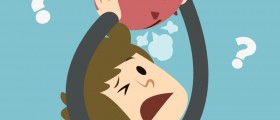
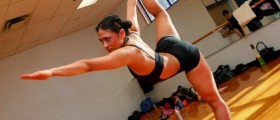

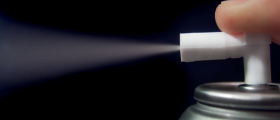
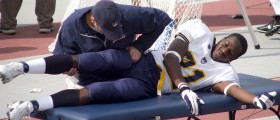

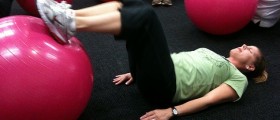
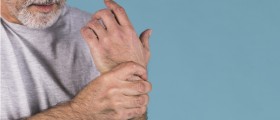
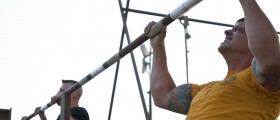
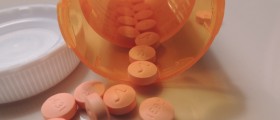
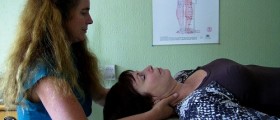
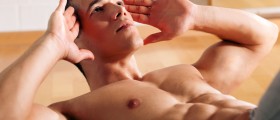
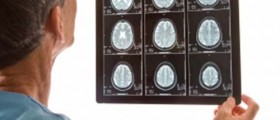

Your thoughts on this
Loading...